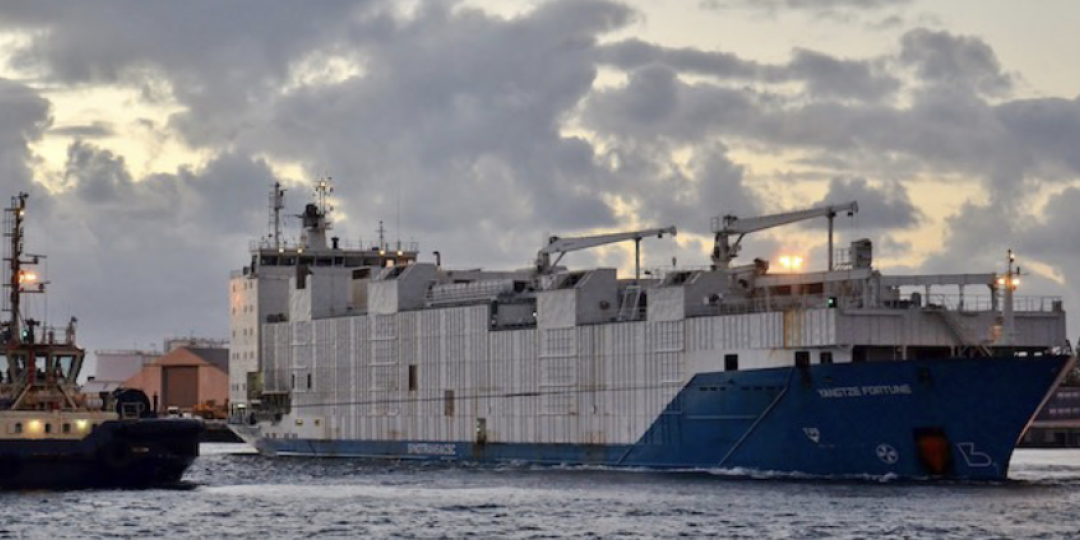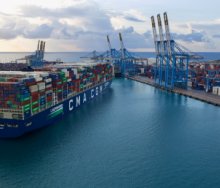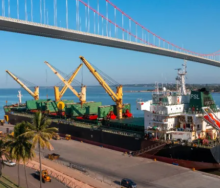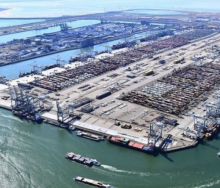The latest data by the International Transport Workers Federation (ITF) shows a sharp increase last year in the number of vessels abandoned, leaving seafarers without wages and support aboard ships.
According to the ITF, a total of 132 abandonments were reported, 13 more than in 2022, reflecting a marked increase of 10.92%.
An overwhelming majority of the incidents recorded were reported by die ITF – 129.
The flag states with the most abandoned vessels reported were Panama (23), Palau (12), Cameroon (11), St. Kitts & Nevis (8), Unknown (8), Comoros (6), Tanzania (6) and Togo (6), according to the data.
Under the Maritime Labour Convention 2006, a vessel is deemed to have been abandoned if the shipowner fails to cover the cost of a seafarer’s repatriation; or has left them without the necessary maintenance and support; or has otherwise unilaterally severed ties with them, including their failure to pay the seafarers’ contractual wages for a period of at least two months.
ITF key findings revealed that ship owners from the 129 ITF reported cases owed mariners more than $12,1 million.
A total of 1 676 seafarers contacted ITF from abandoned vessels and Indian seafarers were the most abandoned, with more than 400 cases.
The federation said it had received more than $10.9 million in owed wages from 60 of these vessels so far, but the final figure would exceed $12.1 million as cases take time to resolve, and as other seafarers come forward this would raise the sum of recoverable wages.
ITF Inspectorate coordinator Steve Trowsdale said the ongoing rise in the number of seafarer abandonments is “unacceptable.
“It is a consequence of an industry where the seafarer can be a throw-away commodity. Seafarers and their families pay the ultimate price for the greed and non-compliance of ship owners, enduring the inhuman consequences of a system that compromises their well-being, dignity and basic human rights,” Trowsdale said.
“ITF inspectors do an incredible job in holding to account those shipowners that try to get away with treating seafarers like some sort of modern-day slaves”.













